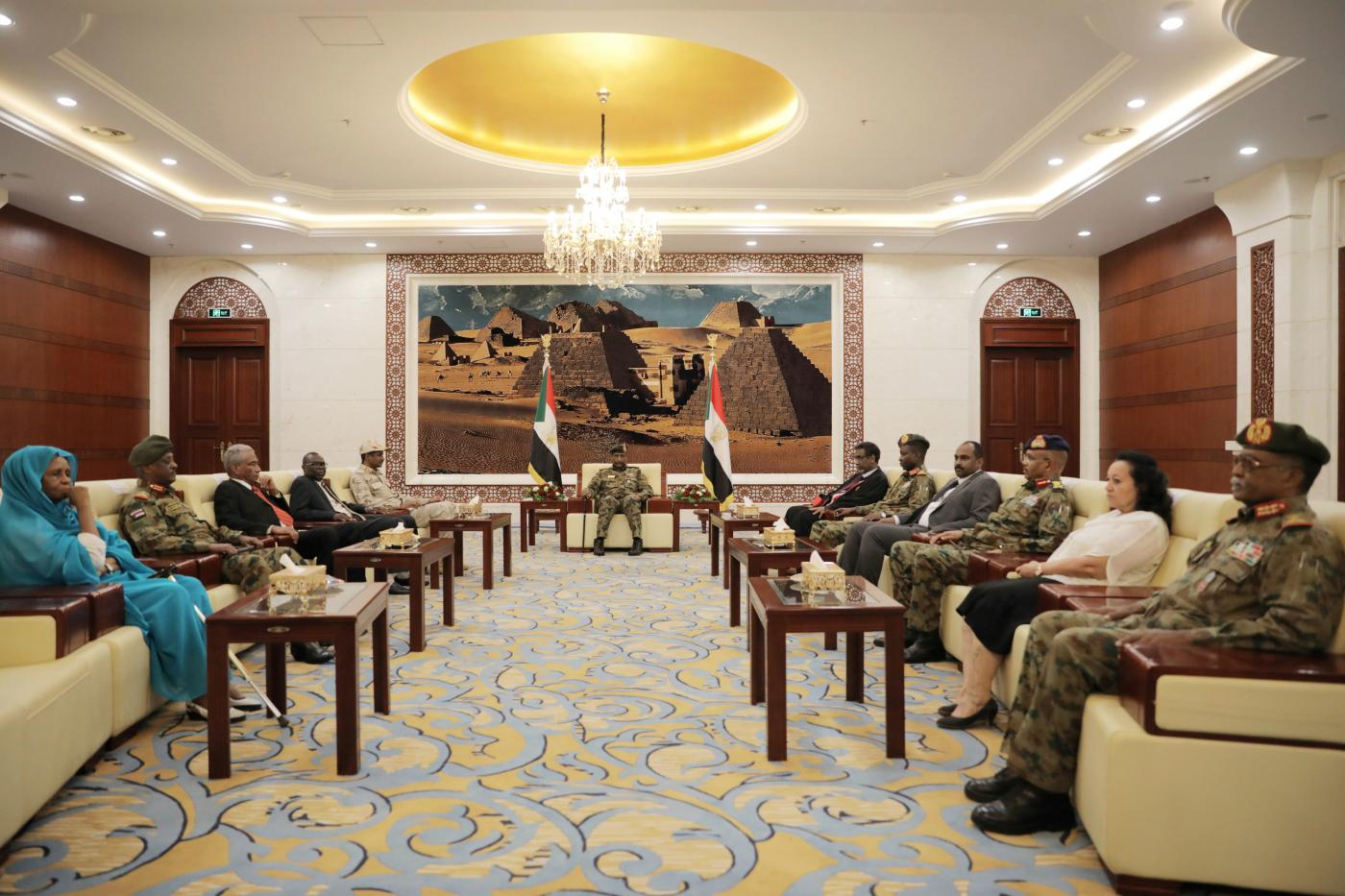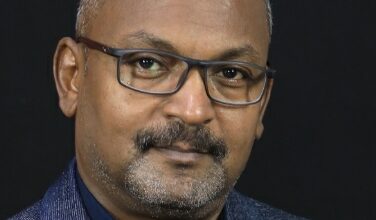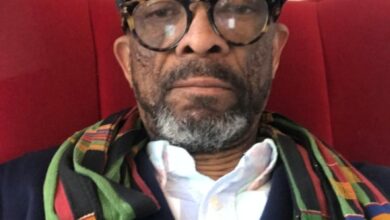
Better Late than Never!

Dr. Elshafie Khidir Saeid
On the 19th of August, the spokesman of the Sudanese Sovereignty Council stated that the Council had assigned a task force to initiate a discussion on the formation of the Electoral Commission and the Constitution-making Commission. Better late than never, was my first response. Since the beginning of the transitional period, we have been pushing for the formation of the independent national commissions, not only because it is a constitutional entitlement stipulated in the Constitutional Document along with the entitlement to form the Sovereignty Council, the Council of Ministers, and the Legislative Council, but also because of some facts, including
A- The commissions are entrusted to accomplish the essential and crucial tasks for the transition. Inability to achieve that means the failure of the transitional period.
B- They will remove a lot of burden from the government so that it can focus on issues of people’s livelihood, and other governance issues.
C- Their tasks are not easy or simple, and inevitably will be surrounded by disputes that may develop into real conflicts and crises, and that is why they were supposed to be formed earlier.
D- The formation of the commissions means welcoming more participants to be involved in the management of the transitional period, and inviting the qualified, not politically affiliated, competencies to participate in making fundamental policies and decisions, in partnership with other politically affiliated forces and the civil society.
I always say that delaying the formation of the commissions means the continuation of hijacking the state by the elements of the ousted regime, and also means the continuation of the country’s crises, if not their aggravation. In particular, the delay of the formation of the Constitution-making Commission and the Constitutional Conference is an open invitation for the renewal of the civil war in the country.
I think the fact that the Sovereignty Council took the initiative in the direction of forming these two commissions, should be counted in favor of the council, not against it, and I think the council took this move maybe because the Council of Ministers is too slow in tackling this very important issue. On the other hand, I hope that the circle of consultation mentioned in the decision of the Sovereign Council above will be roomy to include groups from outside the institutions of the government and its political backup and that the committee mentioned in the decision will be formed in consultation with the Council of Ministers.
The formation of the commissions, specifically the Constitution-making Commission and the Electoral Commission, requires a parallel greater effort to make advanced strides in the negotiation between the government and the SPLM-North headed by Commander Abdelaziz El-Hilu, as well as to make a positive move towards the initiative of the SLM led by Commander Abdel Wahed Mohamed Nour. This does not mean that the process of forming the commissions should be adjourned pending the results of the aforementioned negotiation and move. At the same time, we emphasize that the theses presented by those two factions must be taken into account and considered within the tasks that the two commissions are going to address.
Our intense focus on the issue of commissions is linked to the question “How Sudan can be governed?” which has not been answered till today. This fact symbolizes the failure of the successive elites who have been ruling the country since its independence, to have a coherent vision on a national project that addresses the issues of building the post-independence Sudan and improves its people’s lives.
In the upcoming articles, we will elaborate more on the tasks of these two commissions.




